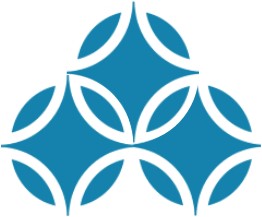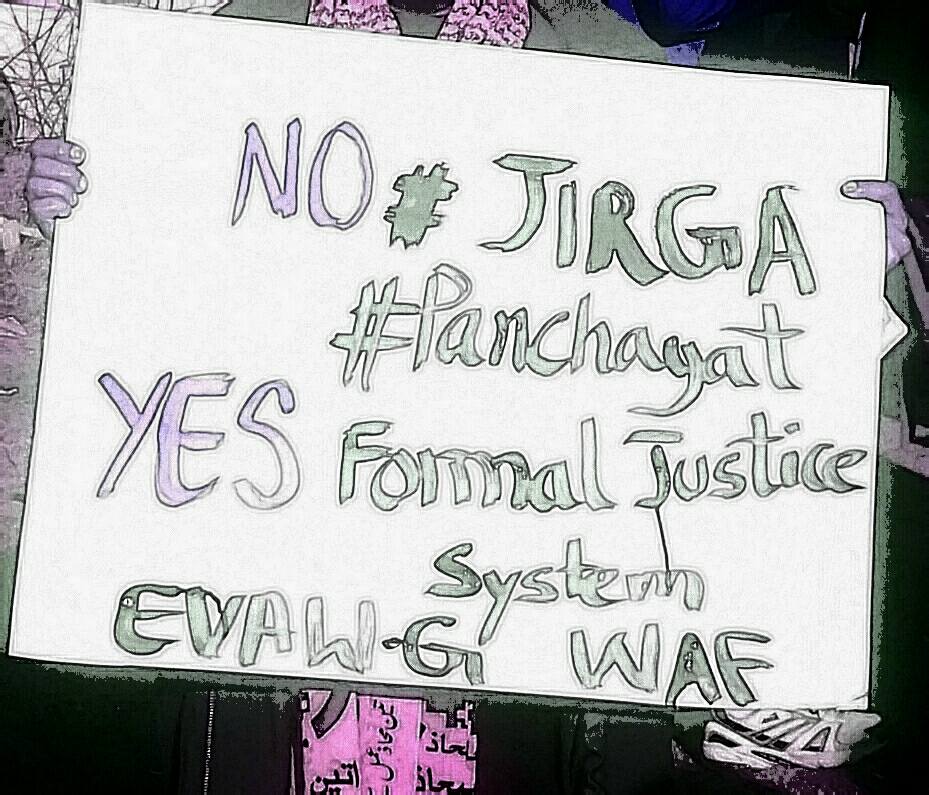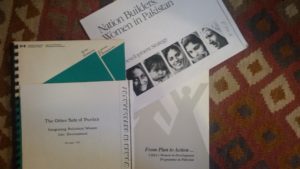by Dominique Clément
Canada has one of the largest nonprofit sectors in the world. It accounts for at least 6.8 per cent of GDP and employs 12 per cent of the country’s working population. And more than most other countries, the nonprofit sector in Canada relies on government funding. Yet there is a surprising lack of transparency in state funding for the nonprofit sector.
Public funding has enabled a thriving non-profit sector to emerge in Canada since the 1970s. This includes many humanitarian agencies that have historically relied on federal, provincial and/or municipal funding for their work abroad. But information on grants and contributions to the non-profit sector is rare and only a fraction of this data is available online. The information is also not well organized, can be confusing or difficult to find. This makes it almost inaccessible to the public. For this reason, a team of five researchers from across Canada decided to create the State Funding for Social Movements database. State Funding for Social Movements is a research project that documents the history and significance of state funding in helping support Canada’s vital non-profit sector.
The team used Public Accounts data from Public Services and Procurement Canada to assist them with their research. They experimented with software tools to digitize, clean, and analyze the data. This data, combined with historical research, allowed them to create a public database. The database lists grants to non-government organizations (NGOs) in Canada since the 1960s.
The researchers used this data to document the history as well as recent developments around state funding for the non-profit sector in Canada. It demonstrates how the relationship between state funding and non-profit organizations differs across movements, regions, and time periods.
As of 2025, the team’s research has resulted in numerous deliverables. These include articles in academic journals; international conference sessions; reports on funding trends; magazine articles; an online archive; and a database.
The impact of this project is transparency in public finances and state policy. Policymakers and community organizations can benefit from an accessible and easy to navigate grant database. Academics, teachers, and students can also use this resource to learn about and conduct research on Canada’s non-profit sector.
The current database lists over 180,000 records to more than 15,000 unique recipients from the Federal, British Columbia, and Nova Scotia governments since the 1960s. In addition, there is a sample of recent grants history from dozens of municipalities in Nova Scotia and British Columbia, as well as a historical dataset of funding from Vancouver and Halifax since the 1960s. In 2025-26, we will be significantly expanding the database with an additional 2.5 million records that were secured using freedom of information laws in multiple jurisdictions. This includes a large dataset from Global Affairs, which since the 1960s has provided substantial funding to humanitarian aid agencies around the world.
Some of the highlights from our findings include:
- There has been a significant increase in federal funding for the nonprofit sector over time. But priorities have shifted. Federal funding for human rights has declined while funding for environmental issues has increased only incrementally since 2000.
- Ontario receives a vastly disproportionate amount of Federal grants.
- Nonprofits in Winnipeg received less federal funding than Ottawa but far more than Toronto or Vancouver. For women’s issues, nonprofits in Toronto and Ottawa received more federal grant funding than the next fifty cities combined.
- In British Columbia, funding for women’s issues has declined over time while the number of grants to Indigenous peoples’ organizations have increased exponentially since the early 2000s. In contrast, funding for women’s issues in Nova Scotia has been double the level of funding for environmental or Indigenous peoples’ issues in most years since the 1970s.
- There is a remarkable disparity in funding among municipalities. Vancouver distributed more grant funding between 2006 and 2017 than our sample of 20 other municipalities in British Columbia
- There is an extreme level of concentration in government funding for the nonprofit sector. Between 2004 and 2014, among all three levels of government, more than 50 per cent of grant funding went to approximately 4 per cent of all recipients.
To learn more, visit:
Website: http://www.statefunding.ca/
Database: https://database.statefunding.ca/
Social Media (we post regularly highlights from our research):
Dominique Clément is a Canadian historical sociologist. He is a Professor and Chair of the Department of Sociology at the University of Alberta.







